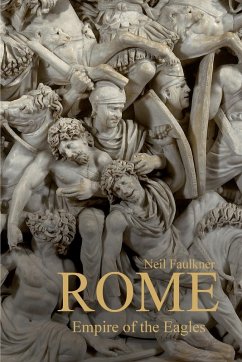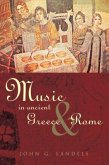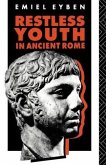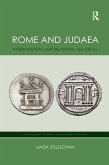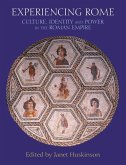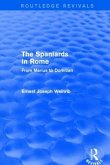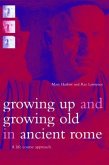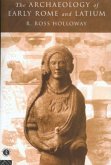First published in Great Britain in 2008.
The Roman Empire is widely admired as a model of civilisation. In this compelling new study Neil Faulkner argues that in fact, it was nothing more than a ruthless system of robbery and violence. War was used to enrich the state, the imperial ruling classes and favoured client groups. In the process millions of people were killed or enslaved. Within the empire the landowning elite creamed off the wealth of the countryside to pay taxes to the state and fund the towns and villas where they lived. The masses of people - slaves, serfs and poor peasants - were victims of a grand exploitation that made the empire possible. This system, riddled with tension and latent conflict, contained the seeds of its own eventual collapse.
Hinweis: Dieser Artikel kann nur an eine deutsche Lieferadresse ausgeliefert werden.
The Roman Empire is widely admired as a model of civilisation. In this compelling new study Neil Faulkner argues that in fact, it was nothing more than a ruthless system of robbery and violence. War was used to enrich the state, the imperial ruling classes and favoured client groups. In the process millions of people were killed or enslaved. Within the empire the landowning elite creamed off the wealth of the countryside to pay taxes to the state and fund the towns and villas where they lived. The masses of people - slaves, serfs and poor peasants - were victims of a grand exploitation that made the empire possible. This system, riddled with tension and latent conflict, contained the seeds of its own eventual collapse.
Hinweis: Dieser Artikel kann nur an eine deutsche Lieferadresse ausgeliefert werden.

